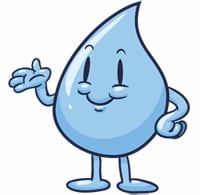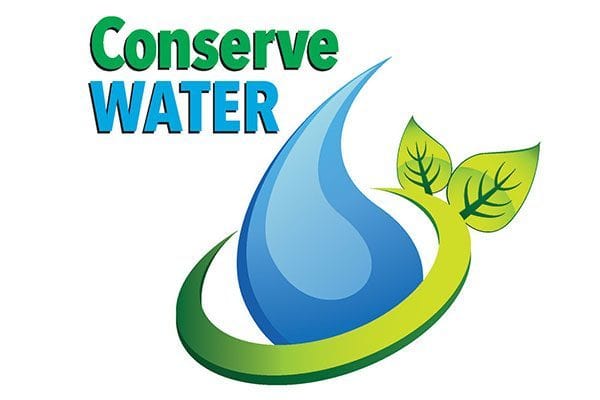This is the first part of a series of articles concerning water conservation in Hot Springs Village, Arkansas. While this article addresses the importance of water conservation in general, subsequent articles will focus on why conservation is important in Hot Springs Village and how to conserve water.
Why is water conservation important in general?
We’re blessed in Hot Springs Village to have abundant water to service our needs. However, that is not true everywhere, and we certainly don’t want to take that abundance for granted, which we sometimes do.
If you utilize any fresh water at all, it’s crucial to recognize the significance of water conservation. Picture a scenario where you turn on your tap only to find it dry. The inability to access water for drinking, bathing, sanitation, or cleaning is a situation no one wishes to encounter. This underscores the vital importance of conserving water resources.
Water conservation is important for several reasons, especially given the water situation worldwide. Here are a few reasons why it’s so important:
- *Limited freshwater resources: Although Earth’s surface is about 71% water, only around 3.0% is freshwater, with the rest being saline water in oceans. Of that freshwater, only .5% is available, as the majority is trapped in glaciers, polar ice caps, atmosphere, and soil, highly polluted, or lies too far under the earth’s surface to be extracted at an affordable cost. This leaves only a small percentage available for human use. With growing populations and increased demand for water due to industrialization and agriculture, freshwater resources are becoming increasingly strained.
- **Population growth and urbanization pose significant challenges to water resources. As the global population expands and urban areas grow, the demand for water rises sharply, particularly for drinking, sanitation, and industrial uses. This increased demand strains local water sources and infrastructure, increasing the risk of shortages and compromising water quality.
- ***Ecosystem health: Healthy aquatic ecosystems are essential for biodiversity, water purification, and regulating local climates. Water conservation helps maintain these ecosystems by ensuring sufficient water flow in rivers, lakes, and wetlands. Conserving water also reduces the need for large-scale water diversions and damming projects, which can disrupt natural habitats and harm aquatic species.
- *Climate change: Climate change exacerbates water scarcity issues by altering precipitation patterns, increasing the frequency and severity of droughts, and accelerating glacial melt. These changes disrupt water availability and can lead to conflicts over water resources, particularly in regions already experiencing water stress.
- **Energy efficiency: Water conservation is closely linked to energy efficiency since pumping, treating, and heating water requires energy. By reducing water usage, individuals and businesses can lower their energy consumption.
- ***Economic benefits: Water scarcity can have significant economic consequences, affecting industries like agriculture, manufacturing, and tourism. By conserving water, communities can reduce water extraction, treatment, and infrastructure development costs. Water-efficient practices also promote innovation and create opportunities for businesses in the water technology sector.
- Global responsibility: Water is a shared resource transcending national borders, making it a global concern. Collaborative efforts are needed to address water challenges effectively, including sustainable management practices, equitable distribution, and investments in water infrastructure and conservation initiatives.
In summary
Water conservation is important because it helps mitigate water scarcity, protects ecosystems, promotes energy efficiency, supports economic development, and fosters global cooperation in addressing water-related challenges. By conserving water, individuals and communities can contribute to a more sustainable and resilient future for all.
*Water Facts – Worldwide Water Supply
**Urbanization and Water Scarcity: Sustainable Solutions – OSF
***Aquatic Ecosystem and Biodiversity: A Review
*Water – at the center of the climate crisis
***The economic implications of global water scarcity
Researched, compiled, and edited by Cheryl Dowden

Click here to contact the HSV Gazette.
Click here to join our private Hot Springs Village Facebook group.
Click here to access all Ask Ken and Ask Matt articles published in the HSV Gazette.
Click here to visit the Explore the Village website.



This seems like very MACRO information. It is my understanding that Lake Lago holds 2 years worth of water and is topped off with the pipeline from the Middle Fork of the Saline River. We also have wisely contracted for water rights from Lake Ouachita. Hot Springs Village is in very good shape water-wise.